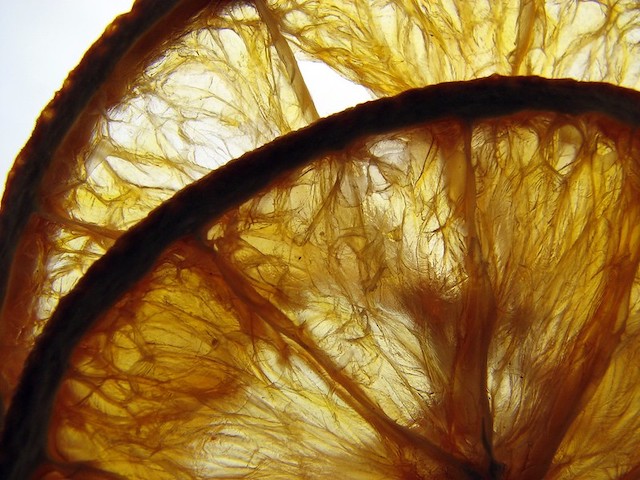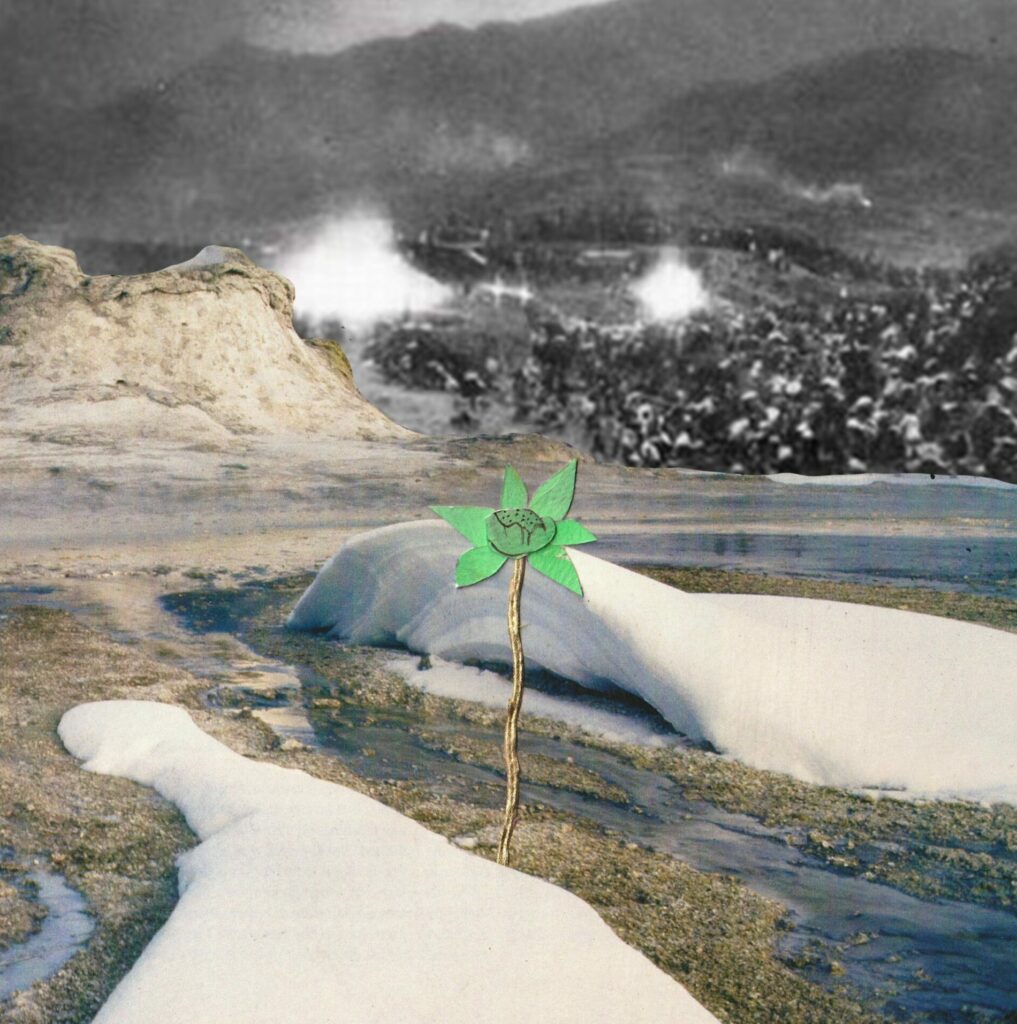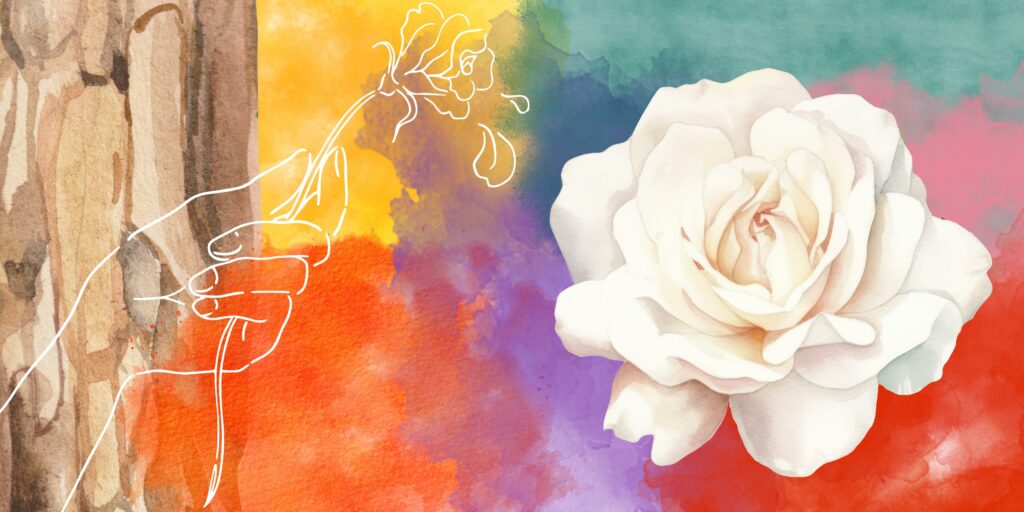That sweet aroma—one so acquainted with Jabril—was hanging brightly like a piece of the moon within this incantation.

May 7, 2021
The hour he first learned of the wings, the snow had begun drowning the streets with the color of milk. Jabril Moshfegh had just come out of a ten-hour shift managing his own delicatessen. The store, which on the recommendation of his local imam who possessed a stressful English, was titled in red weather-beaten lettering: MOSHFEGH’S DALI OF LIFE. This was a mistake a lumbering passerby would believe to be a result of Jabril’s shortcoming, and to the more imaginative passerby, a deliberate and clever tribute to art. But to Jabril, this was accidental. A mistake he has neither fully realized nor regretted. His only concern now was the expected birth of his firstborn son. Any moment now my child will be blossoming into this new world of wonder and magic, Jabril thought. Oh my, what an event that would be! Even as he shouldered the unholy snow, he could not contain the yellow grin surfacing on his face.
As he pushed on, he gripped tightly in his right hand a plastic bag filled with week-old oranges. Around a month ago, Jabril started reading speculative articles, magazines, and journals to help prepare his wife for labor in the coming month. One of these magazines suggested that it was crucial to integrate oranges into a pregnant woman’s diet to ensure that the baby did not emerge with any head abnormalities or a weak skull. A strong-headed child is a determined one, so Jabril began collecting leftover oranges from the delicatessen to feed them to his wife before her due date. She ate so many orange slices that her skin permeated with the intoxicating spell of citrus. This is for our son, Jabril would tell her. He will grow up stronger than the two of us combined. As his Timberland boots crunched small craters into the blanket of snow beneath him, he looked at the oranges encased in their supermarket plastic. Soon, he would bear a legacy that outlived him.
Crossing the corner into 75th Street, Jabril dug through the contents of his pockets for the key to his brownstone, the numbness of his fingers in the warmth of his thighs. He took out the key, walked to the front of his address, leaned onto the black railing for balance, and climbed up the frozen stoop. Finding his grounding, he slipped and twisted the key into the door lock’s mechanism. The cold has always found a way to tense and grab the turning of the metal, one of the many subtle adaptations Jabril began to grow accustomed to when he immigrated to America five years prior. After a few attempts and wiggles, the lock released and clicked open. He stepped in, closing the door behind.
The inside of 136 was modest and spare. The space was simple and reflective: a couch, a television set, a table occupied by the finest household china, a tiny kitchen in the back, a carpeted staircase leading to the upper floor, and Islamic decorations—a portrait of the Kabah, red and brown-tinged Arabian fabrics, and a street painted piece of Arabic calligraphy that read الله—hung about the walls. Up above, the faint sound of a running shower echoed throughout the building’s pipes. But now, Jabril caught his mouth salivating to the fragrance of a potful of stuffed grape leaves. With dinner fresh in thought, Jabril removed his boots, slithered off his socks, and placed his coat on the nearby rack. Walking up to the second floor, Jabril realized the oddness of his wife’s evening shower. Typically, she would hold off bathing until the end of the day, not this early.
As Jabril entered his room and began to change out of his work clothing, he stared at the bathroom door connected to his room. It was then that he noticed two particular occurrences that answered his mental suspicions: the steam of the hot shower beginning to creep and twine like a haze into the space of his bedroom, and the voice of an unfamiliar person booming with the blaze of fireworks from beyond that closed door. That can’t be right, he thought. Another person uninvited in the confines of his restroom? Did Meena summon someone without his knowing? Or was something more shameful at play here? The mind is the greatest trickster, so to ensure that he was not jumping to any premature conclusions or illusions, Jabril approached the door and placed his ear on its surface. The shower was tearing a downpour of gems whose names can twist a tongue: howlite, alabaster, amethyst, moonstone, sapphire. And that noise. Distant and exploding unseen within that bath. The roar of a stranger… the sound of my child, Jabril realized.
With violent hurry and excitement, Jabril opened the door. The scene before him unfolded like a prophecy. Everything here begins with blood and water until they change the pulse of their names. And then, a mother. There laid his motionless wife holding to her bosom an infant creature, and all around the restroom began to inhabit an entanglement of red vines and misty serpents. The air carried the power of a dumbbell to the lungs, and the floor was gestating a puddle of water with droplets of crimson. And that sweet aroma—one so acquainted with Jabril—was hanging brightly like a piece of the moon within this incantation. Licking his chapped lips, the flavor came first to Jabril’s taste buds: week-old oranges. The same ones he would bring home. Yes, there is magic tonight, and there are curses too. The red vines trickled down the rims and stained the porcelain bathtub. The marble floor tiles were flowing with swimming serpents. These did not catch Jabril’s attention, not right away at least. What struck him was the sight of the crying boy’s perverse anatomy. The bare pink forelimbs of wings that had sprouted on the hazel soil of his back. As Jabril stared quietly, the baby continued wailing, not yet knowing the nature of his miraculous predicament. Soon, his name would be Zamalek.



